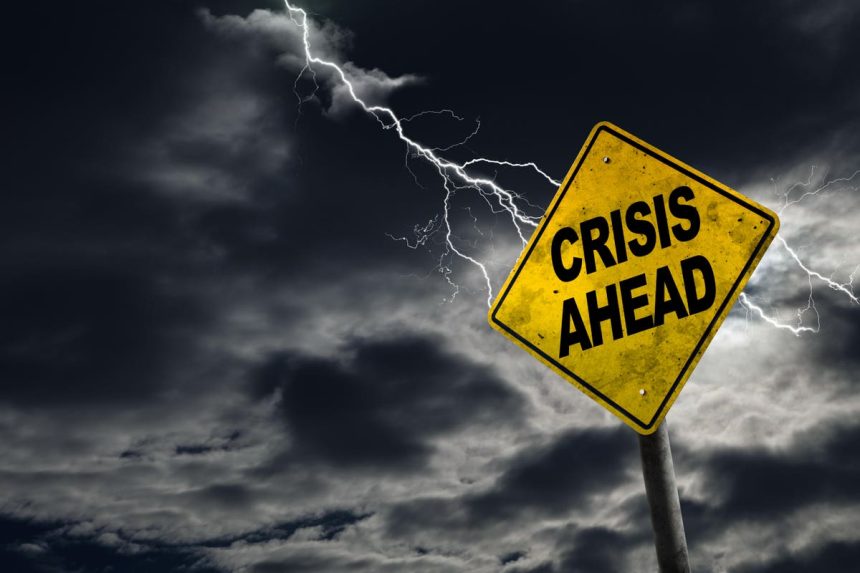Conducting worst-case crisis scenario exercises can help ensure companies are as prepared as possible when, not if, disaster strikes.
Indeed, too many business leaders have found out the hard way that today’s ‘it would never happen here” crisis can become a real-life corporate emergency tomorrow.
Given the nature of all the crises that could befall organizations, there is an element of urgency for practicing responses to “what-if” situations and ensuring there are plans place to deal with different disasters, scandals, or other emergencies.
Reality Checks
The crisis simulations can provide company executives with reality checks about their readiness, resources, and responses to situations that could impact their organization’s image, reputation, operations, and bottom line.
“Scenarios can be used to raise awareness, to train and reinforce skills and procedures, to assess preparedness and identify gaps, as an aid in developing crisis/emergency response plans, and even to test and improvise such plans,” Eric Stern, a professor at the College of Emergency Preparedness, Homeland Security & Cybersecurity at the University of Albany, said via email.
There are many ways in which the simulations can be conducted, such as tabletop and thought exercises, computer simulations, and role playing off-site. But no matter how it’s done, the issue is whether they are tested at all.
‘Different Definitions’
“Each company will have a different definition of a worst-case scenario—if you’re an airline, it’s a crash or a massive passenger-related issue; if you’re a tech company, it could be a cybersecurity breach; if you’re a nonprofit, it could be insider fraud,” Heather Wilson, managing director and head of crisis and litigation at TrailRunner International, said via email.
The more varied the subject of the exercise, the better. The possibilities could include accidents, strikes, the death of corporate executives, and economic downturns.
The simulations “can be inspired by recent or historical experience of peer organizations at home or abroad, expert risk analysis of contingencies that have not happened yet but are thought likely in the future, as well as by data-driven so-called modeling and simulation techniques,” the University of Albany’s Stern observed.
‘Often Overlooked’
“Worst-case scenario planning is often overlooked but incredibly invaluable in crisis communications, Zoe Mumba, senior manager for public relations and communications at Bitmovin, a video streaming technology company, said via email.
“While it is unrealistic to have an individual and tailored plan for every worst-case scenario, there should be a plan in place for how your company should respond to a crisis in the first few hours,” she said. That should include “the process for communicating with internal and external stakeholders, the approval process for communications ,and even having a template for holding statements.
‘Building Muscle Memory’
“Exercising builds muscle memory. By practicing ways of working in a crisis, a team becomes comfortable working under pressure. They understand what needs to be done, when and how,” Jonathan Hemus, managing director and crisis management consultant at crisis management agency Insignia, said via email.
“This creates confidence and assurance, which is lacking in teams who fail to rehearse. It means the team can focus on the really important parts of managing the crisis—making big decisions—rather than worrying about the process itself,” he observed.
Not Just For Brick And Mortar Organizations
Crisis response exercises are important for every business and organization, including those who operate outside of traditional offices.
Each year the Houston Livestock Show and Rodeo holds a public parade, “and we do a run-through from a crisis communications standpoint,” Danielle Grossman, the organization’s director of strategic communications, said via email.
“We work through our plan from start to finish if there was some type of crisis. We mimic who is contacted first, then the chain of command thereafter and how we ultimately disseminate information to the public, if any,” she noted.
If you don’t think it’s important to anticipate and practice for worst-case scenarios, think again.
Consider Travis Scott’s November 2021 concert at the Astroworld Festival in Houston, where eight people where died.
Concert organizers did had a crisis management plan. But it made no provisions for crowd surges—which created the deadly crisis.
Read the full article here







